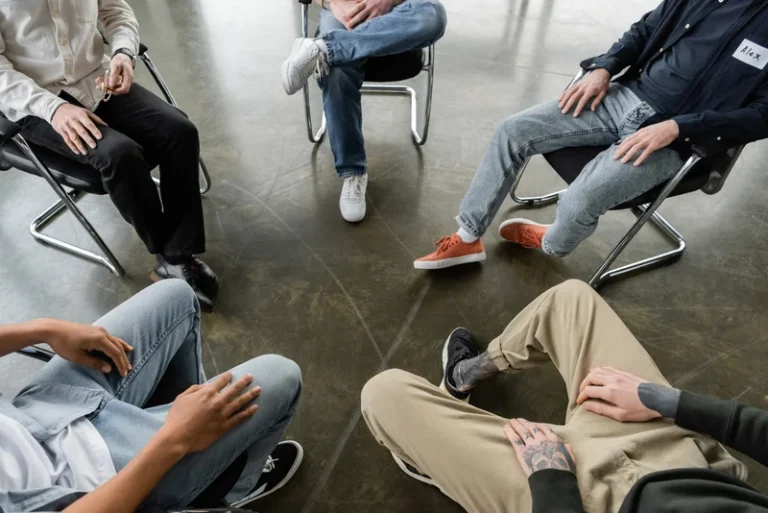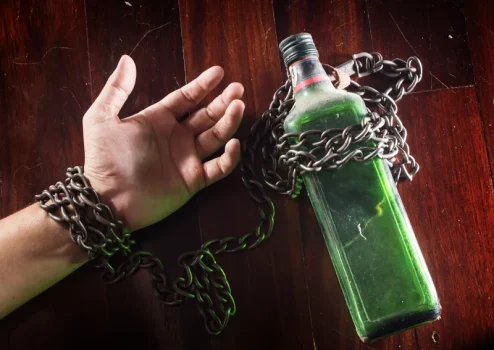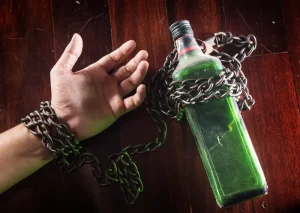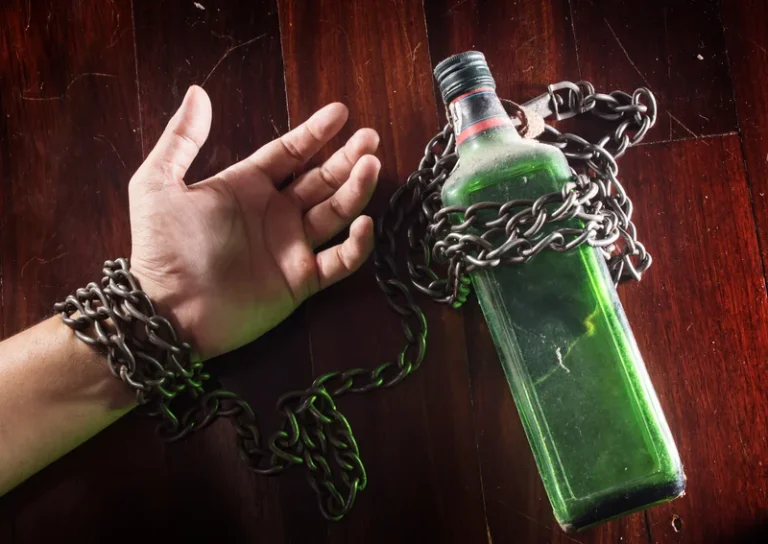
Alcohol use and dependence appear to interfere with circadian rhythms—biological patterns that operate on a 24-hour clock. Evidence suggests that consuming alcohol may decrease the body’s sensitivity to cues, like daylight alcohol insomnia and darkness, which trigger shifts in body temperature and secretion of the sleep hormone melatonin. These fluctuations play a vital role in the sleep-wake cycle, and when they are weakened—or absent—a person may feel alert when they want to sleep and sleepy when they want to be awake.
- The homeostatic drive prompts sleep by boosting levels of adenosine when we’ve been awake for too long.
- However, there is limited information in the addiction literature about available and effective treatments for sleep disturbances in recovering alcoholic patients.
- Taking these with alcohol can be dangerous as alcohol depresses the central nervous system on its own.
- Dr. Seema Khosla is the medical director of the North Dakota Center for Sleep and a medical advisor for MedBridge Healthcare.
- Among those with AD, treatment-seeking subjects have been demonstrated to have a higher Periodic Limb Movement Index (PLMI) as compared to controls (Brower and Hall, 2001).
- Researchers discourage older adults — particularly men — from using alcohol as a sleep aid.
What alcohol does to your body in every decade of your life
It might come as a surprise, but having a few drinks before bed can increase sleep disruptions throughout the night. This is why alcohol and sleep problems (such as insomnia) go hand-in-hand. In fact, in one study on older adults those who binge drank frequently were drug addiction 84 percent more likely to report insomnia symptoms than those who didn’t.

Alcohol Dependence and Insomnia Associated with Other Sleep Disorders
Whatever you want to call it, it’s hard to deny the exhausting epidemic affecting millions of people all over the world. People, as a whole, are getting less rest and are desperately turning to pills or other aids as a result. “If you experience insomnia, mood imbalances and other brain symptoms, it may be best to cut back alcohol intake overall,” Dr. Scheller adds. “Many people find that while it initially seems difficult to break the habit of using alcohol to induce sleep, they soon adjust and experience better sleep and energy overall,” she continues.
- Similarly, studies on bereaved individuals have found that using alcohol to cope with grief increases the risk of developing major depression, which is itself a risk factor for sleep disturbances.
- This section collects any data citations, data availability statements, or supplementary materials included in this article.
- During the second half of the night, sleep becomes more actively disrupted.
- People who consistently drink too much alcohol may eventually build up a tolerance to its initial sedative effects.
Better Sleep, Delivered
All calls will be answered by Pinnacle Health Group or Still Behavioral Health Group, both of whom are paid advertisers. Any treatment center receiving calls from the site is a paid advertiser. Calls to numbers on a specific treatment center listing will be routed to that treatment center. Calls to any general helpline will be received by Pinnacle Health Group or Still Behavioral Health Group, both of whom are paid advertisers. At Ria, we offer weekly meetings with certified counselors to =https://ecosoberhouse.com/ help members stay on track and build skills for long-term change.
- As a result, they may consume alcohol to speed up falling asleep, but evidence shows this technique does not improve sleep quality.
- Napping was common during recovery in one study resulting in longer WASO times, decreased TST and lower SE (Currie et al., 2003a).
- REM sleep behavior disorder, also known as rapid eye movement sleep behavior disorder (RBD) is a condition in which individuals experience realistic, often frightening dreams during the REM sleep stage.
- Answer three questions to understand if it’s a concern you should worry about.
- Sometimes, I appear lucid and awake, even sitting up with my eyes open and facing my husband to talk.
- While Insomnia can lead to a dependency on alcohol, the opposite, like many mental disorders, is also true.

People with sleep apnea should consider avoiding or reducing alcohol consumption. A person can speak with a doctor to discuss the best way to treat and manage their condition. Consuming alcohol may present a higher risk of developing sleep apnea. In a 2018 study, researchers found that alcohol increases this risk by 25%. 2020 research suggests that alcohol impacts the part of sleep known as rapid eye movement (REM).
